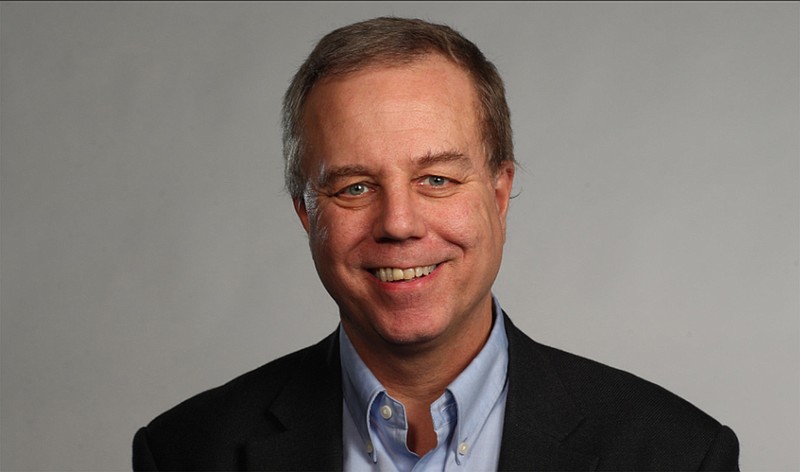Christine Blasey Ford, married and in her 50s, reluctantly came forward recently to say she'd been sexually attacked by a now-famous man many years ago. She didn't remember the date of the attack, she hadn't reported it to police at the time and certain incongruous details gave rise to doubts that she was telling the truth.
She hadn't wanted to come forward, but political foes of her alleged attacker got wind of her story and dragged her into the national spotlight hoping to damage him.
Ford's account of the attack was credibly vivid and specific in key respects. Even the gaps and wrinkles in her story were the sort you'd expect in the recollection of an old trauma.
And whether you believed her or not seemed to depend a great deal on how you felt about her alleged assailant. If you opposed him politically or ideologically, odds were you believed her. If you supported him, odds were you believed his denials.
The problem for those of us who sided with Ford and those who have embraced the #MeToo movement mantra that women's accounts of sexual assault should generally be believed is that everything I wrote above also applies to Juanita Broaddrick.
In 1999, Broaddrick, married and in her 50s, reluctantly came forward to say Bill Clinton had raped her in a hotel room 20 years earlier when he was the Democratic attorney general of Arkansas and she was a volunteer in his campaign for governor.
Clinton, who'd been elected president in 1992, was then mired in the Monica Lewinsky and Paula Jones sex scandals and facing impeachment. The White House emphatically denied Broaddrick's allegation, and Democrats rallied around, dismissing her as a liar, opportunist, stooge or nutcase.
They had reasons for being skeptical, the main one being that she had recently signed an affidavit denying the rape had occurred. Another was that her spectacular accusation sounded like it was of the same vein as charges leveled by deranged haters on the right that the Clintons were international drug-runners and money-launderers who covered their tracks by ordering up the murders of aide Vince Foster and nearly three dozen others.
Such doubts kept Broaddrick's story out of prime time until two weeks after Clinton was acquitted at his impeachment trial in the Senate. After that, it felt like old, irrelevant news.
But Ford's recent, high-profile accusation that now-Supreme Court Justice Brett Kavanaugh sexually attacked her when they were both in high school has made it relevant again.
Put simply, you can't believe Ford if you don't also believe Broaddrick.
No, their stories are not identical and the parallels aren't perfect. But any objective assessment of both accusations shows that, if anything, Broaddrick's story has the louder ring of truth.
Several of Broaddrick's friends have said they remember her telling them of the rape in the days and hours afterward, and they remember her showing them the wound on her lip where, she said, Clinton had bitten her to stop her from crying out for help. Ford, in contrast, told no one what she said happened to her in the early-1980s until six years ago.
Broaddrick's reason for signing the affidavit denying that the rape occurred is consistent with the desire to avoid the spotlight and put the incident behind her that many women have described in telling stories of their own sexual attacks, and that Ford said animated her desire to remain anonymous.
"Every survivor of sexual assault deserves to be heard, believed, and supported," tweeted Hillary Clinton in November 2015.
Well, at least heard with an open mind. And in the aftermath of the Kavanaugh confirmation hearing I decided to hear Broaddrick-to read extensively about her allegations for the first time and to listen to them in a recent interview on the just-released season finale of Slate's "Slow Burn" podcast. And having heard her, I believe her.
Our collective failure to listen to her, to demand that Congress bring forth corroborating witnesses in a timely manner and perform a thorough investigation before Clinton's impeachment trial, was wrongheaded, cruel and ultimately immoral.
Searching for doubt and clinging to minor imperfections in her account to give ourselves permission to ignore it was obtuse and cynical.
And continuing to treat the Clintons as honored members of polite society is inexcusable.
Consistency and common decency demands an apology to Juanita Broddrick. Here's mine.
It also demands a reminder to those who have been indignantly invoking her name these past few weeks: You can't believe Broaddrick if you don't also believe Ford.

